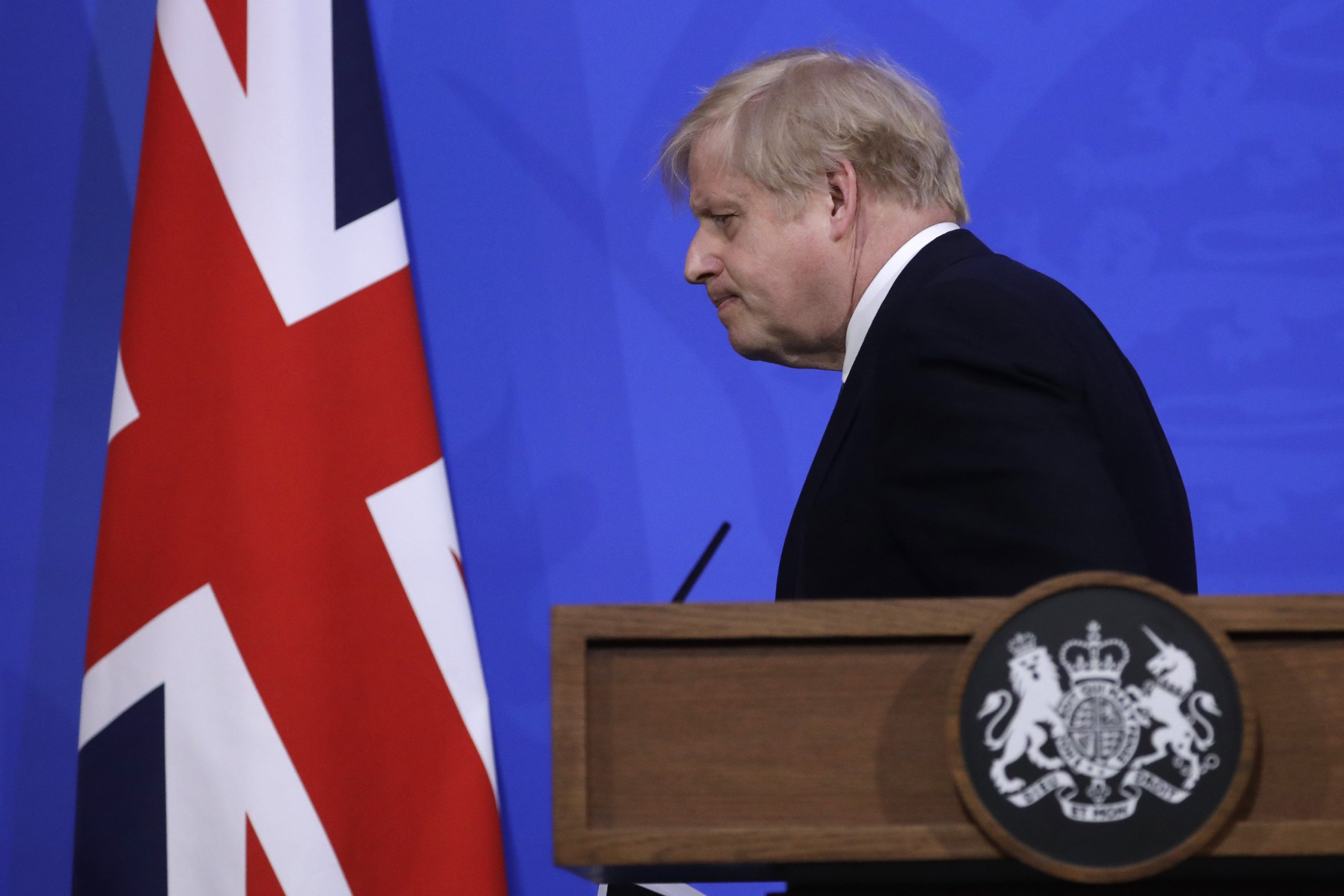
The Covid-19 variant B.1.617.2, known as the “Indian variant”, has now spread to at least 86 local authorities and experts have warned that it will likely become the dominant strain in England “within the next few days” (2,323 cases have been confirmed, up from 1,313 last Thursday).
The variant – which is estimated by Sage to be 50 per cent more transmissible than the Kent strain – has wrought havoc in India over the past month, overwhelming hospitals and leading to what may be the world’s worst outbreak of Covid.
Despite Public Health England (PHE) placing the variant under investigation on 1 April, it was not until the 23 April that the government placed India on its “red list” of countries with restricted travel.
These 22 days of inaction allowed the variant to take root in the UK. In three weeks, the proportion of cases in England attributed to the variant increased by 317 per cent and the number of local authorities reporting such cases rose from two to 128.
Until 19 April, Boris Johnson was still planning on travelling to India himself to attend what would be one of his most important post-Brexit trade summits. Critics have suggested that, had this trip not been scheduled, the Prime Minister would have red-listed India earlier, as he did with Pakistan and Bangladesh on 9 April.
[See also: How the UK lost control of the Indian Covid variant]






